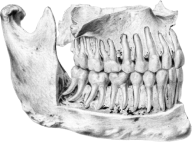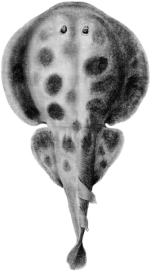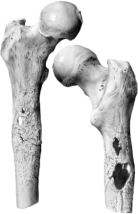
Human Remains
Hunterian Museum
The Hunterian Museum contains human remains, including fetuses. Viewing human remains can evoke powerful emotions which some visitors can understandably find difficult. Visitors should consider whether visiting the Hunterian is right for them.
While photography in the Hunterian Museum is permitted for own use, all visitors are asked, out of respect, not to take close up photographs of human remains or post images of human remains on social media or other public digital channels.
Many of the preparations of human tissue on display in the Hunterian Museum were gathered before modern standards of consent were established. We recognise the debt owed to those people - named and unnamed - who in life and death have helped to advance medical knowledge.
Royal College of Surgeons of England Museums Human Remains Statement
RCS England Museums aim to treat all human remains with care, respect and dignity and be mindful at all times that these were once living people.
Human remains have been held in the Royal College of Surgeons of England (previously the Company of Surgeons) since the 1700s. They are used to support the study and understanding of the human body.
The terms: human remains, human tissue and preparations, or specimens, of human tissue are used to describe the bodies or parts of bodies, of once or still living human beings. They include skeletal (osteological) material (whole or parts of skeletons, individual bones or fragments of bone and teeth), soft tissue including organs and skin, embryos and microscope slide preparations of human tissue.
Caring for human remains
RCS England follows national guidelines* on caring for human remains in museums and holds two licences issued by the Human Tissue Authority**, the public body that regulates the use of human remains under 100 years old in the UK. These licences allow RCS England to store human remains and use them to support medical, allied health and scientific education and when appropriate to be displayed publicly.
*National guidelines:
- Department for Culture, Media and Sport [DCMS] (2005) Guidance for the Care of Human Remains in Museums. Department for Culture, Media and Sport, London.
- Museums Association (2015) Code of Ethics.
- Museums Association (2015) Code of Ethics: Additional Guidance.
** Human Tissue Authority licence numbers 12423 and 12748
Further Information
Further information on RCS England collections, including human tissue, can be found on the collections pages.
Please contact RCS England Museums if you require information on human tissue less than 100 years old, used to support medical and healthcare education.


